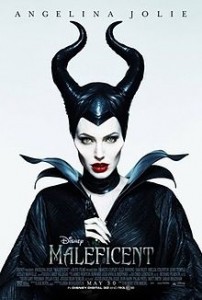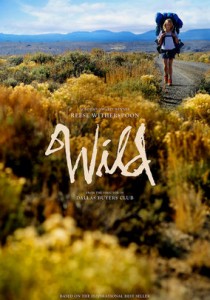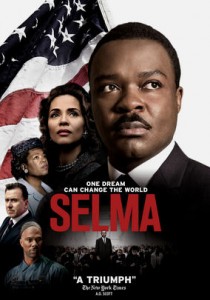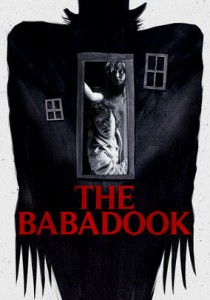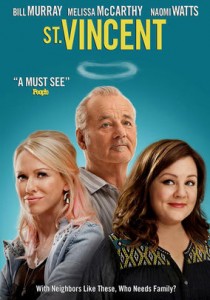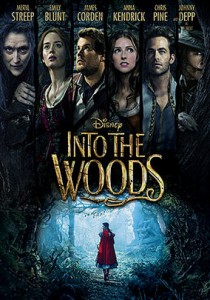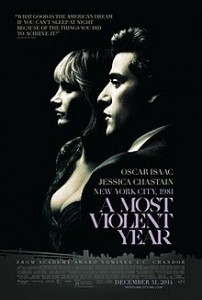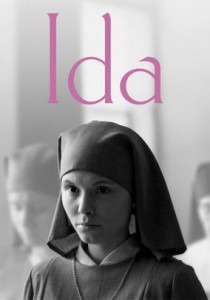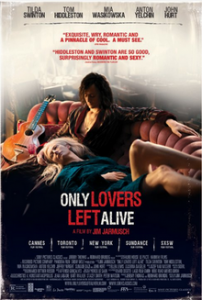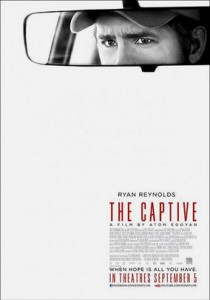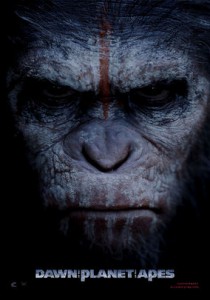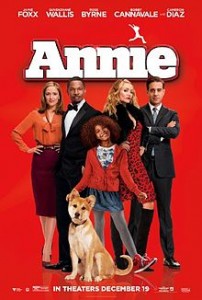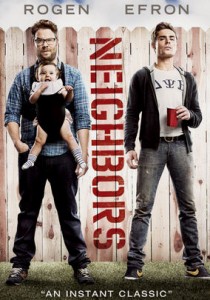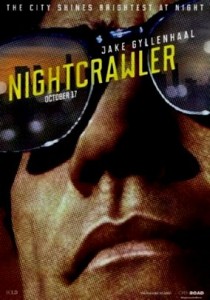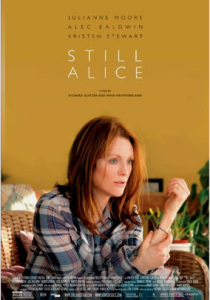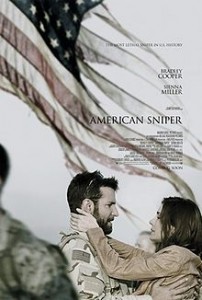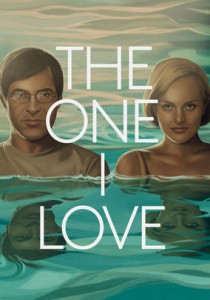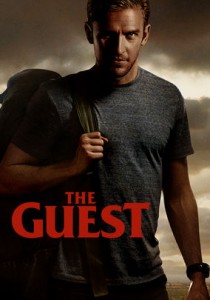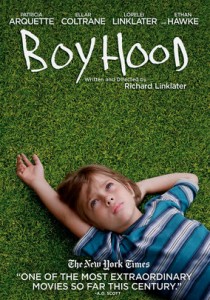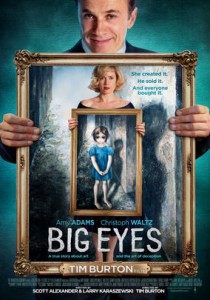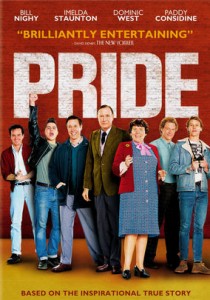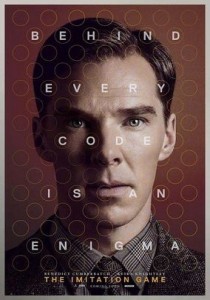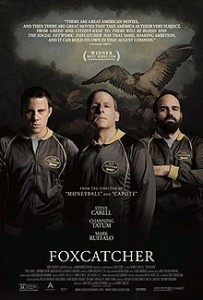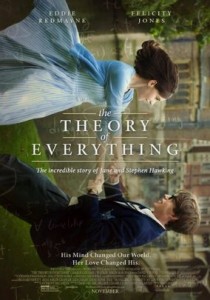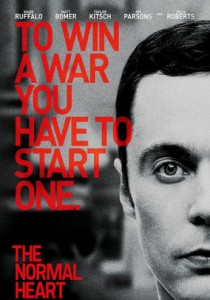Maleficent-2014
Director Robert Stromberg
Starring Angelina Jolie
Scott’s Review #251
Reviewed June 27, 2015
Grade: C+
Maleficent (2014) is an updated re-telling of the classic fairy tale “Sleeping Beauty” told from the perspective of Maleficent, the evil godmother, who in this version, it is revealed, was not always.
She is rather sympathetic towards the beginning of the film.
Later in life, becoming the antagonist, she begins life in a world of goodness, wonder, and hope until she is duped by a young man she loves and turns wicked with hatred and revenge.
The casting of Angelina Jolie as Maleficent is excellent and the main reason to watch the film.
Also worth noting is the wonderful, creative art direction and costumes that look gothic and interesting.
Otherwise, the film meanders a bit, is slightly watered down, and contains a sappy Disney-style love story. The story itself is the weakest part of Maleficent.
Maleficent, protector of the fairies in the magical land of the Moors, as a young girl is betrayed and is NOT a villain. Her male suitor (Stefan) is someone she trusts, loves, and respects, is then duped and has her wings stolen by him.
He becomes the King of the neighboring land of humans, vastly different from the peaceful world that Maleficent lives in.
These events lead her to devastation followed by revenge as she places a vicious sleeping curse on Stefan’s firstborn, Aurora.
Jolie is wickedly delicious in this role- the sultry, pouty looks, and those eyes! She plays scorned, revenge-driven to the hilt without being too over the top as lesser actresses would have.
As the actress ages, she is beginning to take on more character, villainous parts rather than sexy bad girls or heroines and I am all for that. It gives the actress something meaty to sink her teeth into. Her dark costumes perfectly give the character an edge.
The art direction is magical and the difference between the two lands is distinctive. The beauty of the Moors with gushing streams, mountains, and flowers contrasts with the stark nature of the human world.
The fairies symbolize peace and freedom with a life filled with treasures, whereas the human kingdom symbolizes ambition, greed, and coldness. The tiny fairies flittering around add zest and life to the film.
The silly love story, though is not believable nor compelling to me, especially the latter film romance between Stefan’s daughter- Aurora, and her wealthy suitor Phillip. They seem manufactured to be together without having a chance to get to know each other.
This seems contrived and produced to add something young to the story.
On a storytelling note, Maleficent’s sleeping curse is set to transpire on Aurora’s sixteenth birthday when she pricks her finger on a spindle and falls into a deep sleep that can only be remedied by love’s true kiss.
Why does he send Aurora away to live in hiding when she is a newborn? Doesn’t he have sixteen years to enjoy her?
The film then dwindles to the inevitable battle finale with lots of movement and fire and a stand-off between Maleficent and Stefan that is dull and predictable.
Overall, the first half of Maleficent (2014) is the better part and the performance of Angelina Jolie is wonderful.
Oscar Nominations: Best Costume Design
